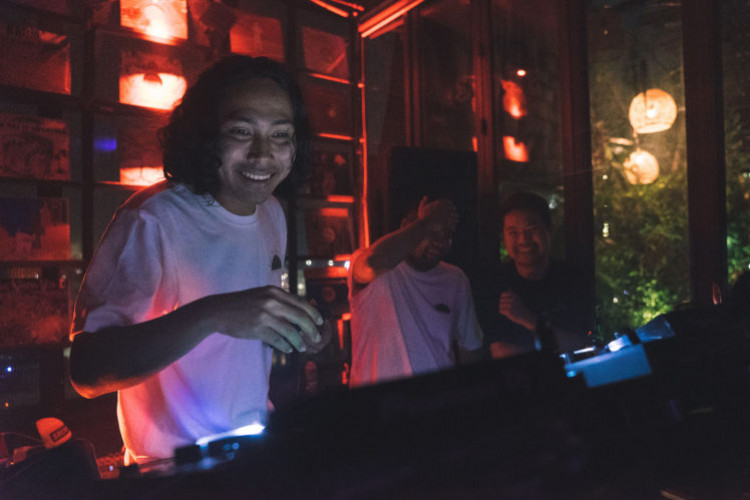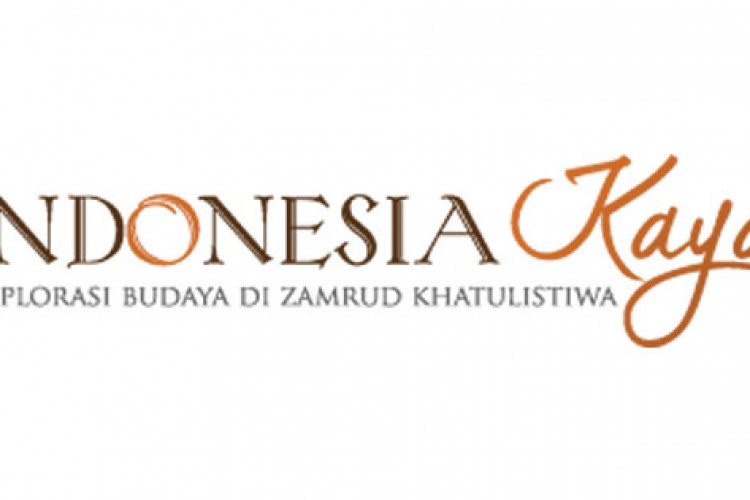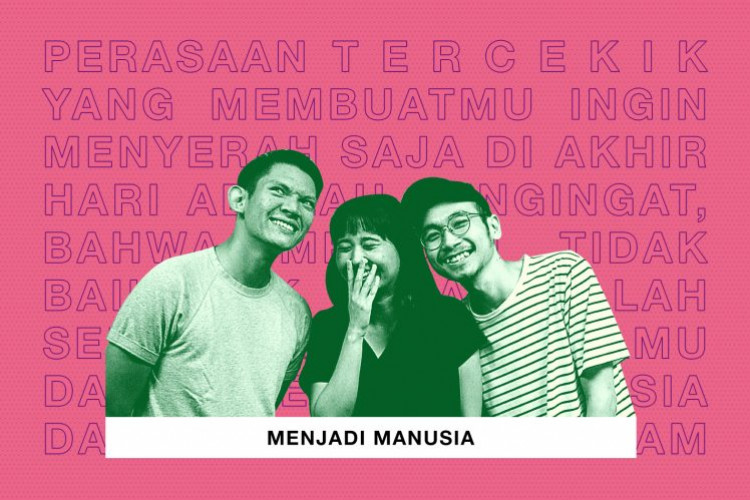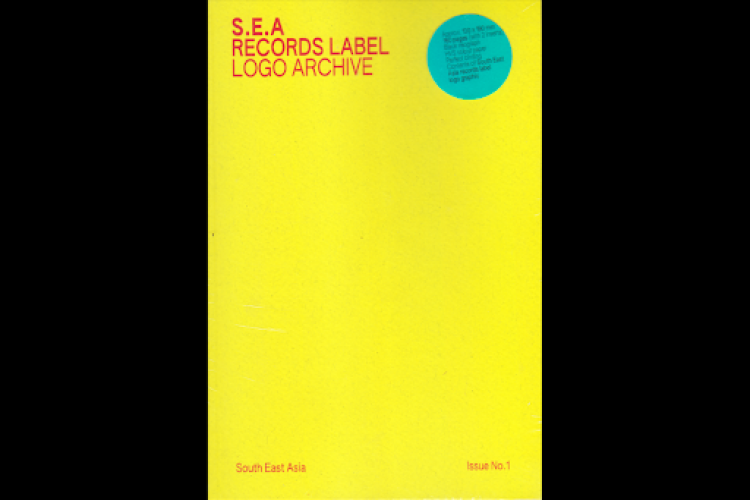My Father’s Song with Abdullah Kamsidi
Whiteboard Journal (W) talks to Abdullah Kamsidi (A) of Museum Musik Kamsidi.
by Ken Jenie
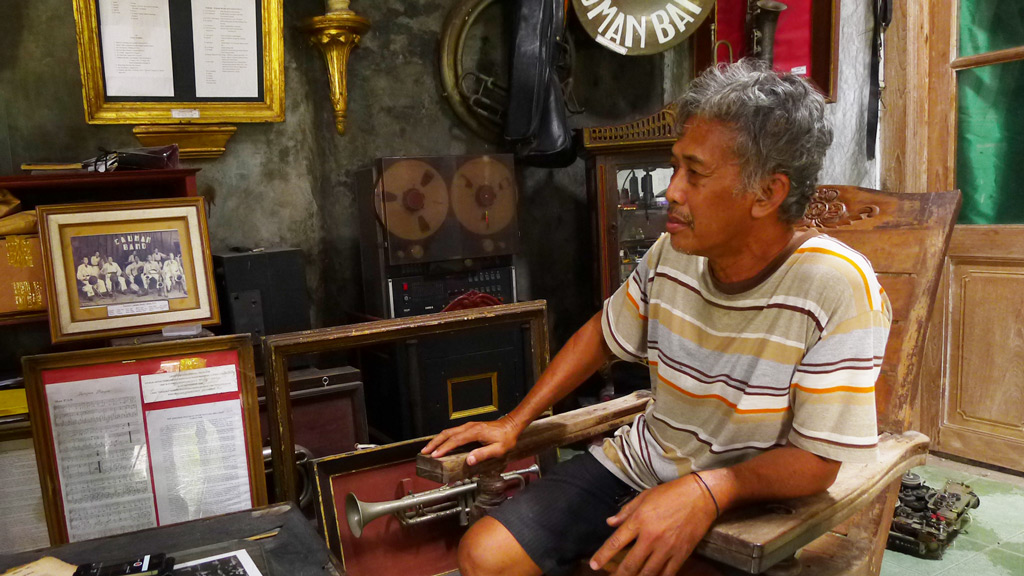
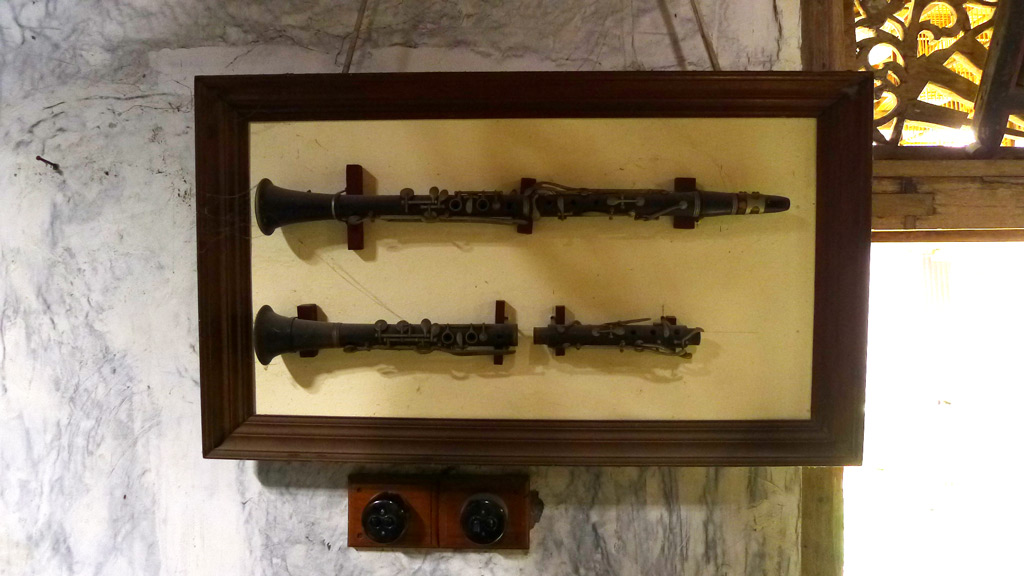
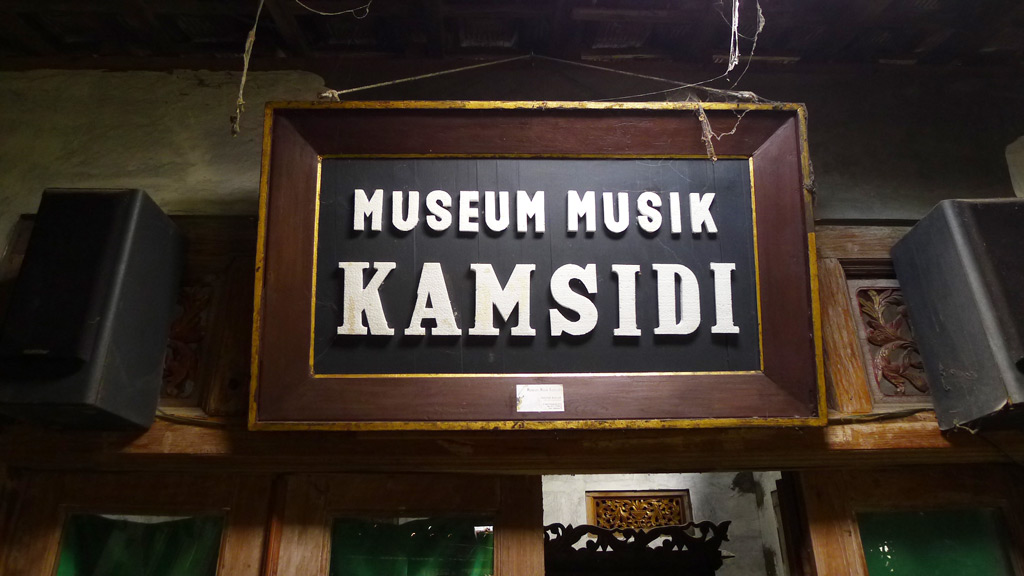
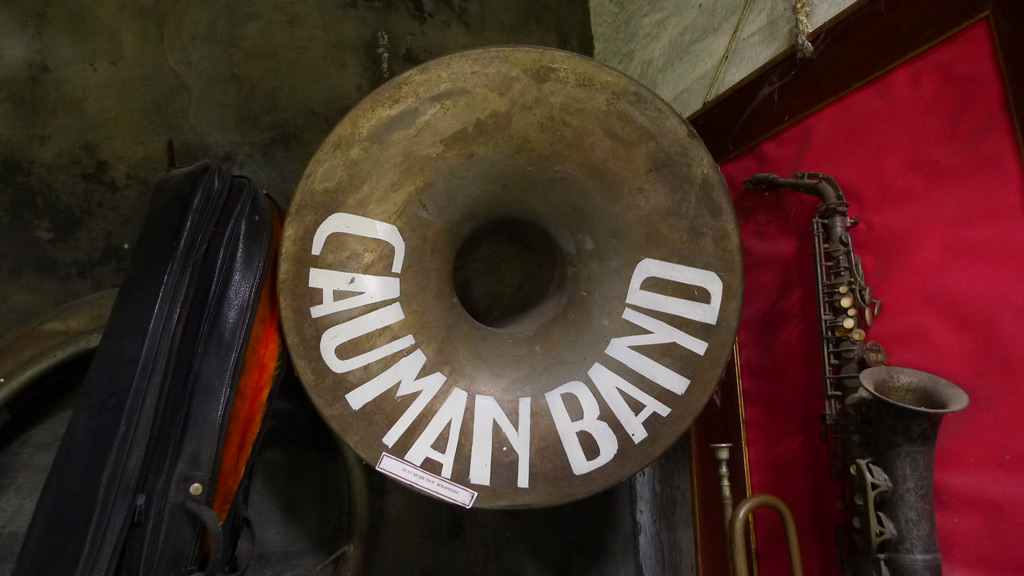
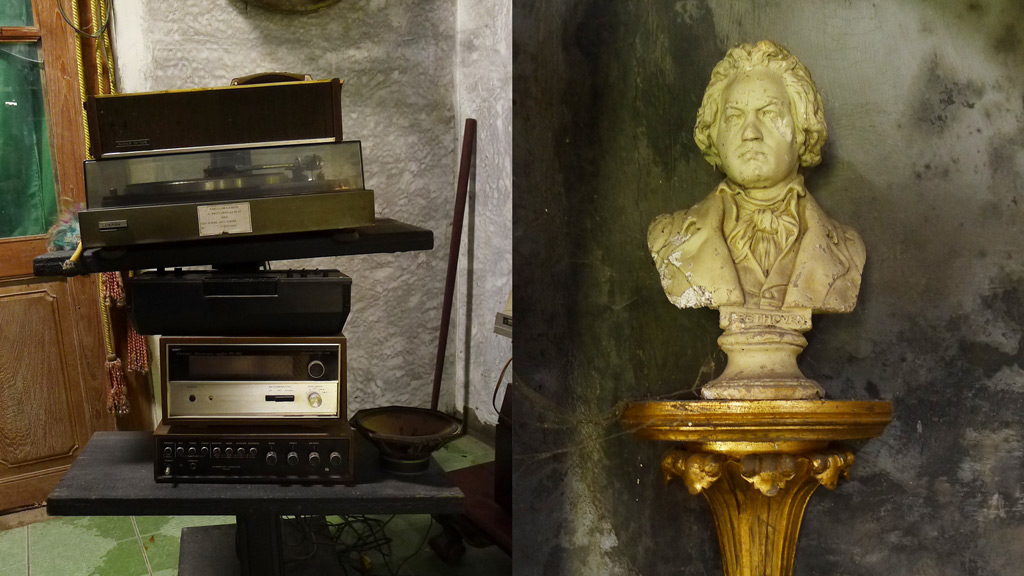
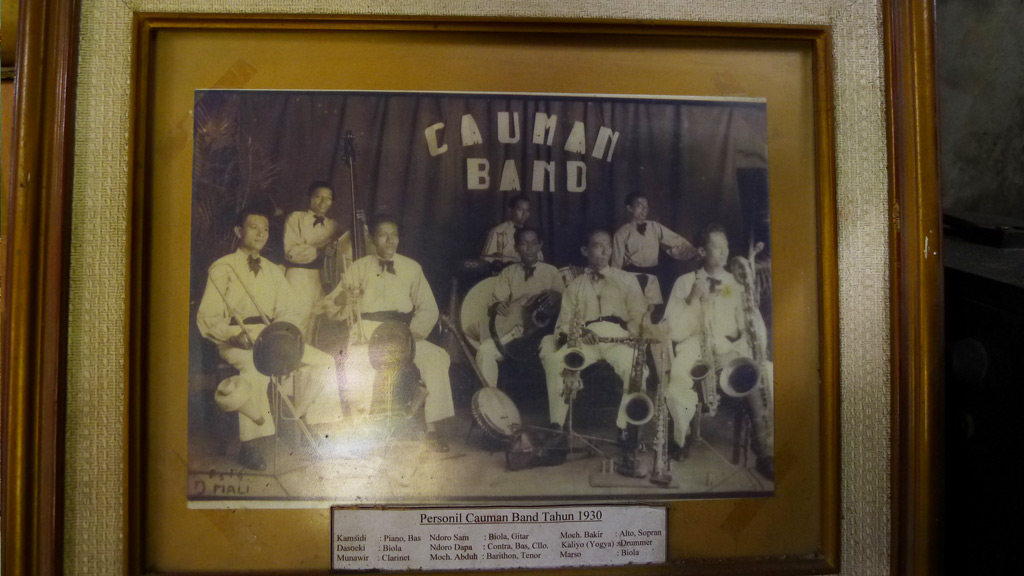
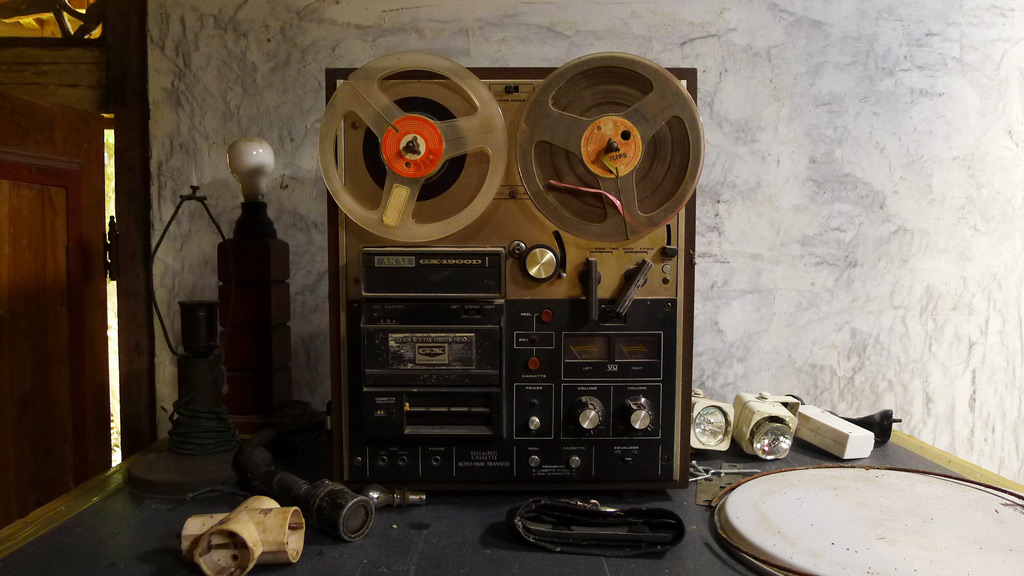
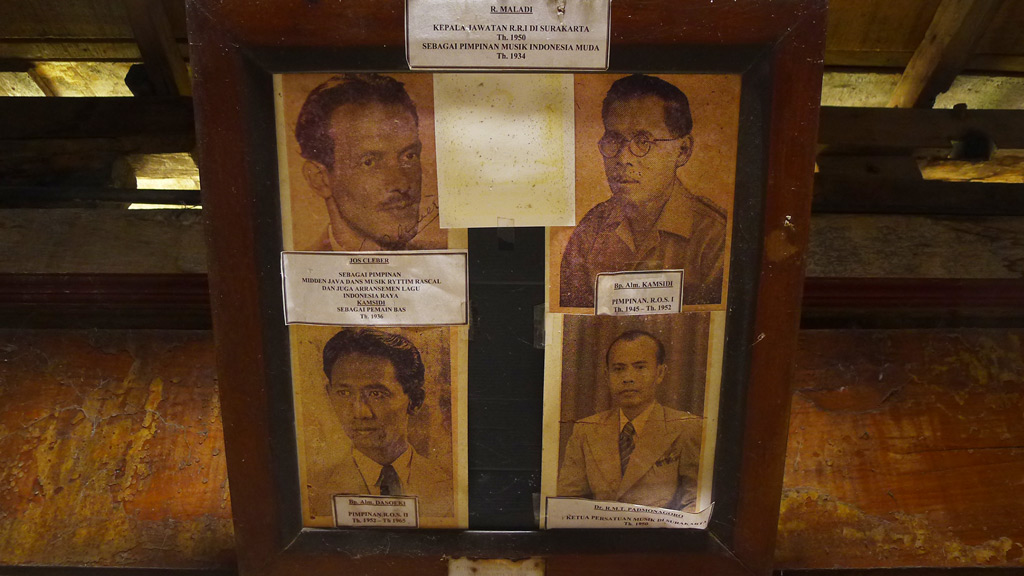
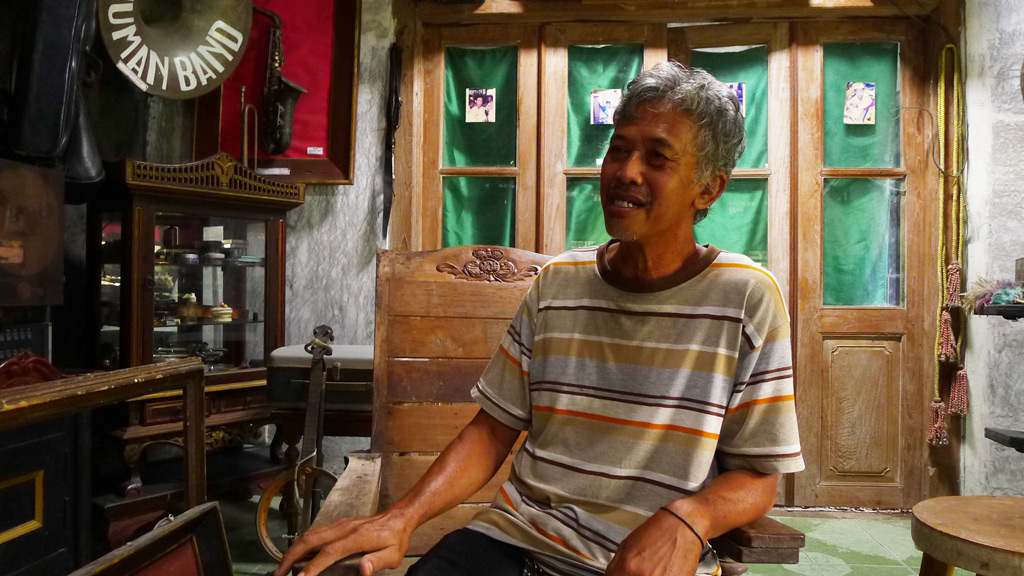
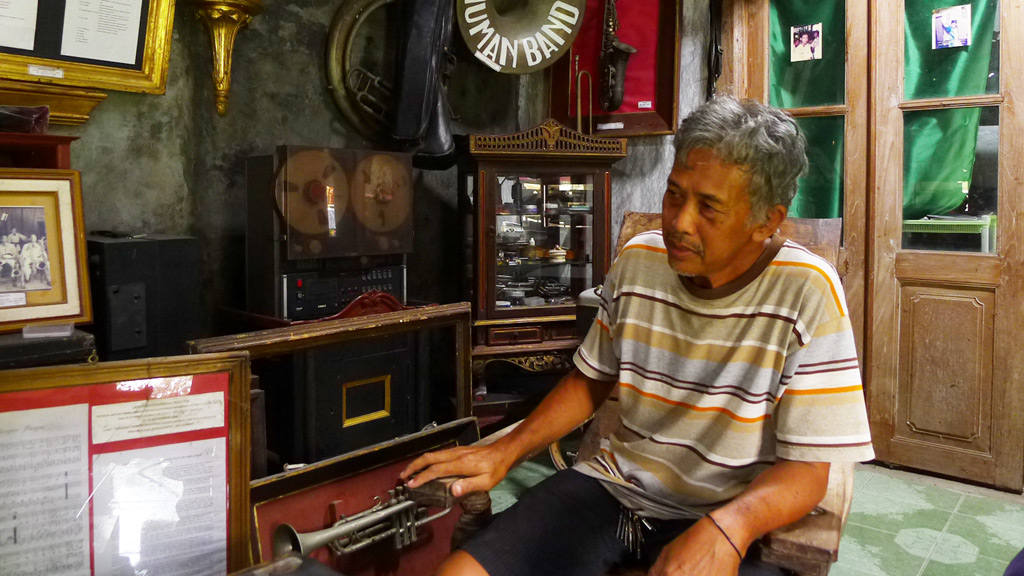
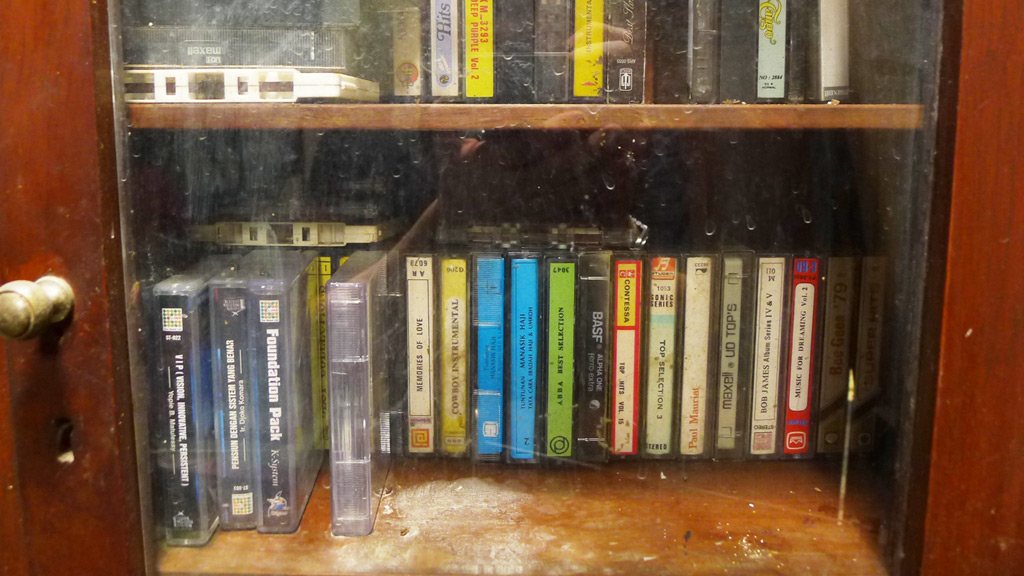
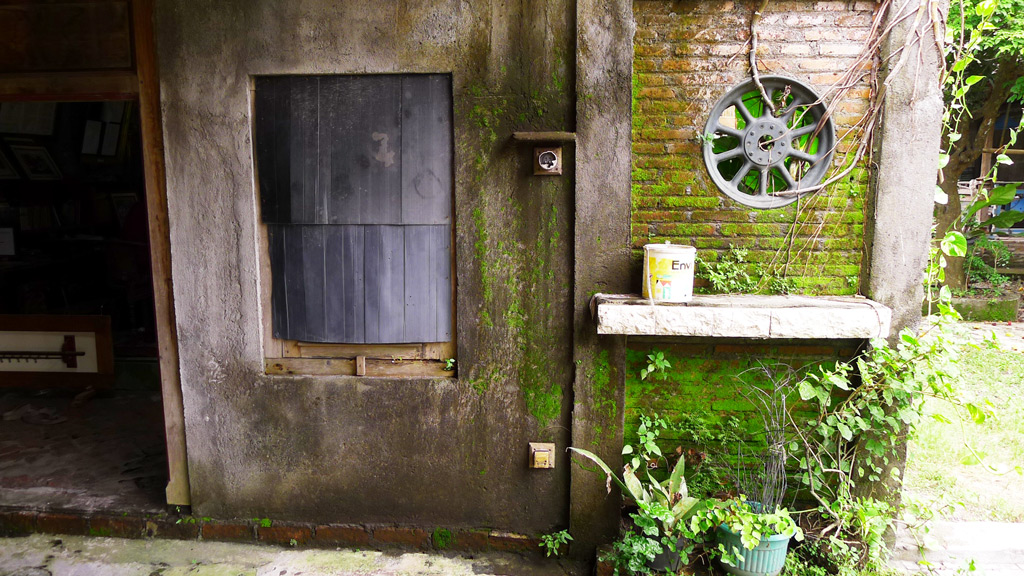
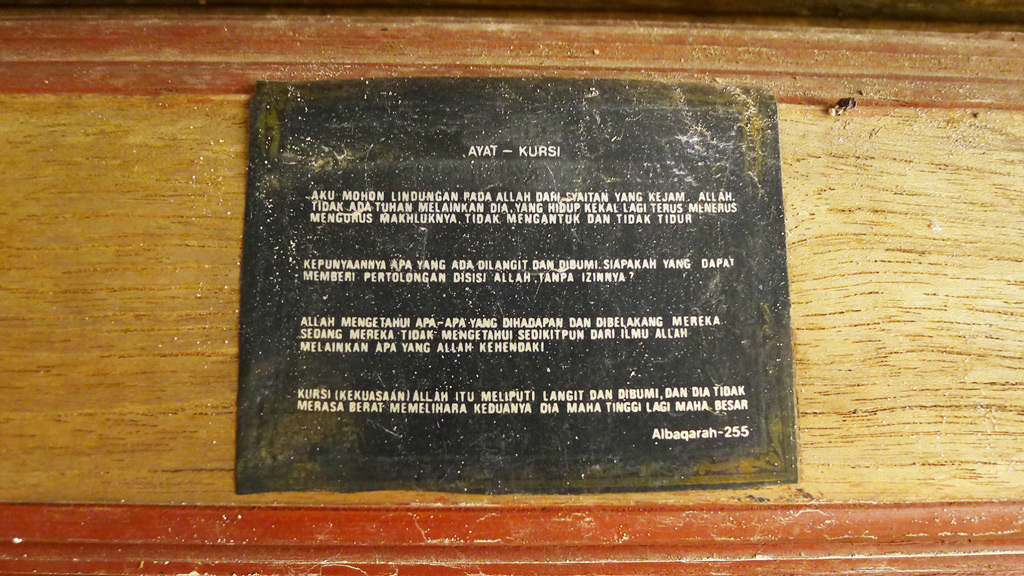
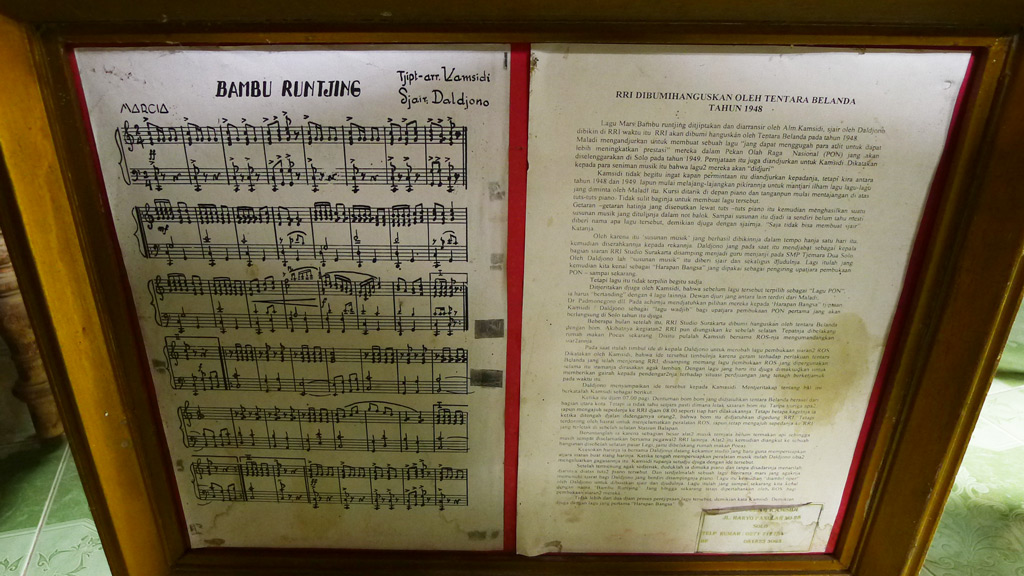

W
So you mentioned that your father, Kamsidi Samsuddin, was in one of the first bands/orchestras in Indonesia.
A
My father was part of Cauman band, which was formed in 1924. They played mostly classic music – swing jazz – for the Dutch, who was still the colonial power at the time. He was responsible for the songs “Bambu Runcing,” which was performed by the the first orchestra of RRI [Radio Republik Indonesia]. He also wrote “Harapan Bangsa,” which was the official song of the first ever PON competition [Pekan Olah Raga Nasional – National Sports Week] – the song was chosen after he entered composition in a contest.
W
Where can I hear “Bambu Runcing” and “Harapan Bangsa?”
A
You can only find it on Lokananta. It is in vinyl, cd and cassette.
W
Your father started writing his own music at the time as well?
A
Yes. When Mr. Raden Maladi became the head of RRI, he saw my father’s talent and asked him to create ROS [Radio Orkes Surakarta].
Before RRI was SRV (Solossche Radio Vereeniging – Solo Radio Union), which I believe was established by Sultan Mankunegara VII. An interesting fact, in the thirties RRI broadcasted the gamelan music accompaniment to traditional dancing by Gusti Nurul who performed in the Netherlands.
W
How did your father learn music?
A
He studied music under the tutelage of Mr. Sentil, a Dutch piano teacher. I do believe that when one study music, they should start with the violin because it has no frets. This instrument teaches the player to concentrate and be aware of the notes. Then one can continue learning other instruments, in my father’s case the piano.
Musicians back then played an assortment of instruments – usually 3 or more. Depending on the requirement of the song, the members of Cauman band would play different instruments – everything from the piano, the violin, to banjo.
W
So what instrument did your father first learn?
A
The violin. He started learning at the age of 8.
W
Where did the name Cauman comes from?
A
The name comes from the name of the village they came from: Kauman. The village is known for their batik. All members of Cauman was from this place.
W
Were there many who played music at the time?
A
Not at all, they were the only ones from their area. Everyone in Cauman band graduated from a muslim school, and most of them learned music on their own.
W
Was it difficult for people to own instruments at the time?
A
Actually, it was relatively affordable at the time. My father, who comes from a modest family, already owned a grand piano by 1924.
W
Instruments such as the violin and grand piano is often associated with the middle to upper class. Was it the case for your father?
A
It was not too difficult, but one had to have the right connection to have access to the instrument. You had to know the Dutch, because they were the ones that had access to bring them here. Most of the instruments my father and friends played were made about 1915 – 1920, and brought here by the Dutch.
My father had a good rapport with the Dutch. Jos Cleber, who wrote the arrangement to “Indonesia Raya,” often visited my father’s house. He used to live in Yogyakarta but would visit Solo very often.
W
When did Jos Cleber do the arrangement for “Indonesia Raya?”
A
W.R. Supratman created the song in the 1920s, and Jos Cleber did the arrangement for it in the 1950s.
W
Back to your father, so did he write and arrange music as well?
A
Yes. He wrote and arranged the music for “Harapan Bangsa.”
W
Solo is often associated with keroncong music.
A
Yes. Keroncong used to be considered low brow music – the music of the people.
W
How did keroncong evolve until it was considered ‘music?’
A
At ROS, when my father was became the band leader of Radio Orkes Surakarta, they added variety to the music he usually played [classical] and keroncong started to be heard more. As long as my father was in ROS he was playing keroncong, but before that he was in an orchestra playing classical music.
Songs like “Bengawan Solo” are very enjoyable and were able to reach an audience beyond the keroncong listeners.
W
What instruments is needed for it to be called Keroncong?
A
The music needs violins, contra bass, ukulele, cuk. You can tell a band plays keroncong just by seeing the instruments they bring with them.
W
Do you play any instruments?
A
No I don’t, my father would not allow it.
W
Why not?
A
Because back then music itself was low brow – it wasn’t an occupation. Nothing you can make a steady living off of. It is different from now.
W
So for your father music was a hobby?
A
Not exactly. Apparently, when my father performed he would be able to live off it for a year.
W
So the payment must have been a large sum.
A
Yes.
W
Why wouldn’t he want you to learn then?
A
He perhaps felt that music is a lowly occupation. It was better to be educated and have a steady job.
W
Did Cauman band ever record any of their material?
A
No. There weren’t any recordings in Indonesia until Lokananta was established. If possible, I would really like Lokananta to create a museum for Indonesian music. We need to be able to learn our musical history.
Lokanta used to be the greatest recording studio in Southeast Asia. It was one of the only facilities that had a 48-channel soundboard. They needed that many channels because they needed many mics to record the gamelan.
W
Did Cauman band tour?
A
Not Cauman, but my father has performed in Yogyakarta, Solo and Semarang with a group called Jayawijaya.
W
Did bands and orchestras travelled often during that time?
A
No they didn’t. Groups such as my father’s were based in one city and were known to be the group that represented that city.
W
What do you listen to?
A
I just listened to classical music because of my father. He would play classical music all day long until the wee hours of the morning. I also listened to a lot of classical music, so much that my friends would leave their records at my home for me to listen to.
W
To end the interview, could you describe to us Solo’s music tradition?
A
In terms of classical music, it is a very new thing. Classical is the music all other genres look to. To understand classical is to understand all other forms of music – whether it is pop or keroncong.








